Adults
We know that starting oxygen therapy can be a worrying time. We spoke to some of our oxygen users and Healthcare Professionals to gather advice that they hope will be useful to you.
If you have any more questions, please contact us using this form:
Or call our Healthcare Helpline on 0800 373 580.
You can find all this information and more in the Guide to the Home Oxygen Service booklet, that our Healthcare Technician will have left during the installation of oxygen.
Smoking
You should never smoke whilst you’re using your oxygen.
When mixed with fire, oxygen can make things burn very quickly – much more quickly than they usually would – so please don’t smoke anywhere near your oxygen equipment or tubing. Aside from the fire hazard, smoking is unlikely to make you feel any better. If you have any friends or family who smoke, ask them to make sure they do it out of your way. This includes E-cigarettes.
Naked flames
Never get close to naked flames of any type when using oxygen. This doesn’t mean you can’t enjoy events such as birthdays, but you will need to make sure you keep a safe distance away from candles, bonfires and fireworks (3m for open fires and 1.5m for closed fires).
Birthday candles
It is a great tradition to blow out candles on birthday cakes whether you’re a child or a grown-up; however, there are additional safety rules to follow if you use home oxygen therapy.
DO NOT allow any naked flame of any size or kind near an oxygen supply at any time.
This does not mean that the birthday or celebration is ruined; you can get very realistic battery-operated candles that look just as special on top of a cake.
Face creams, shaving products and make-up
Oxygen can react with products that have petroleum jelly or any oil-based products in them. Avoid using anything that has these products in them as they can react with oxygen and irritate the skin, causing sores. This also applies to products such as sun cream, essential oils and aromatherapy.
If you’re having trouble finding an alternative product that you can use on your face without any oil or petroleum products, speak with someone in your local chemist or your healthcare team.
Swimming
It usually is safe for patients who use home oxygen therapy to go swimming, but you will always need to check with your Healthcare Professional. You may need to take an extra length of long tubing with your oxygen cylinder. Have a chat with your Healthcare Technician or call our Healthcare Helpline on 0800 373 580 and ask for spare oxygen tubing and a cannula that you can use just as a ‘swimming set’. You may need to get someone to come with you to walk alongside the pool carrying your oxygen cylinder.
Work
If you need to have a supply of oxygen when you’re at work, you can have your work address registered as a secondary address. This means you can have the same oxygen equipment supply at work as at home, so you don’t need to transport your oxygen equipment between the two locations. Our Healthcare Technician can complete a risk assessment at work to ensure the oxygen equipment is stored and supplied safely (if your employer requests this).
Family/friends to stay
It is okay for your family and friends to stay. Please ensure that they know the safety issues related to your home oxygen therapy equipment, including not smoking. If you have children staying with you, please ensure they do not touch or alter your home oxygen therapy equipment.
Remind your guests to be careful of your tubing to ensure they do not slip or trip.
Pets
Pets in the home are often seen as one of the family, but extra care may need to be taken if the home is shared by a pet and a patient using oxygen. Some respiratory conditions could be made worse by pet hairs and fibres. Speak to your healthcare team for more advice.

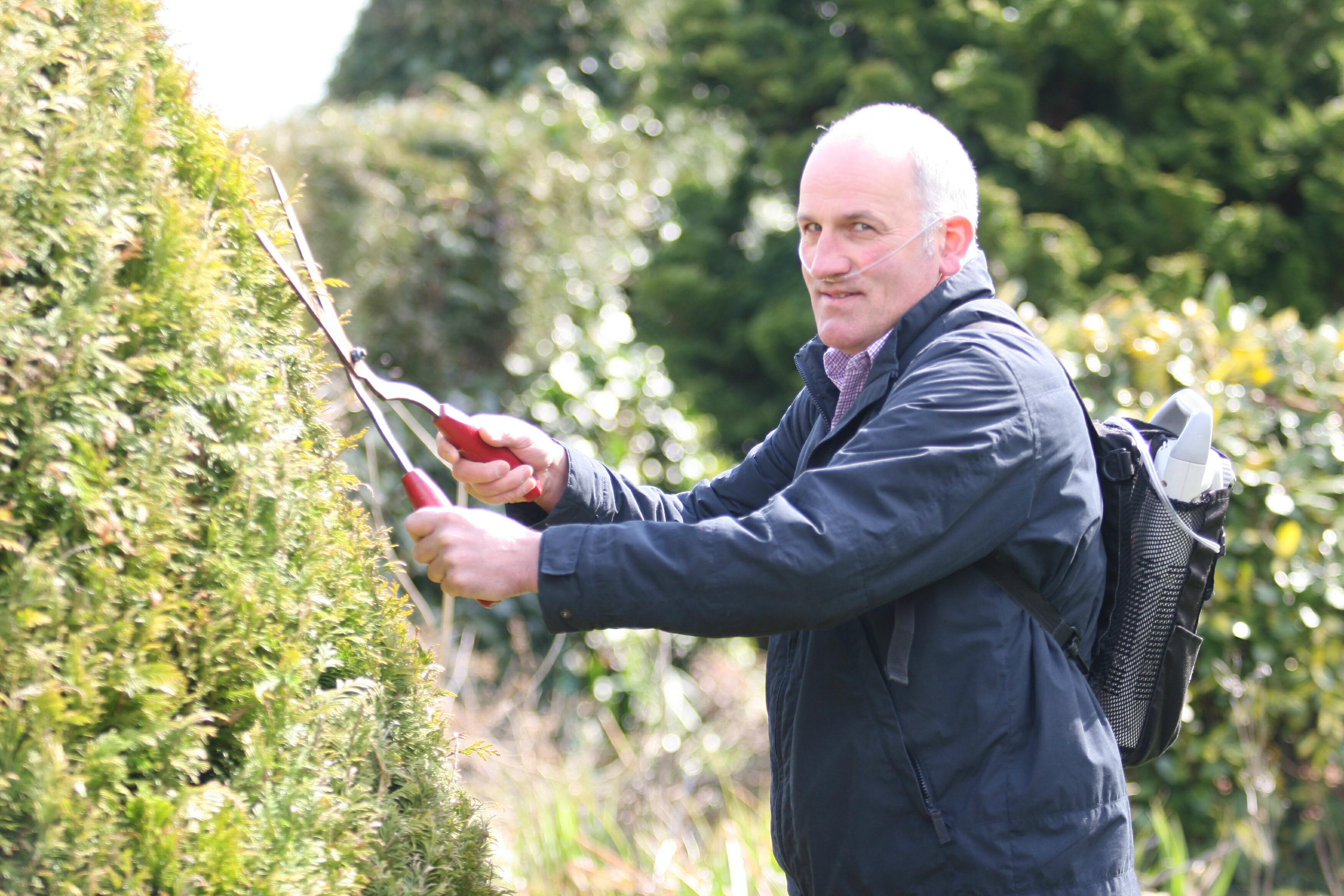
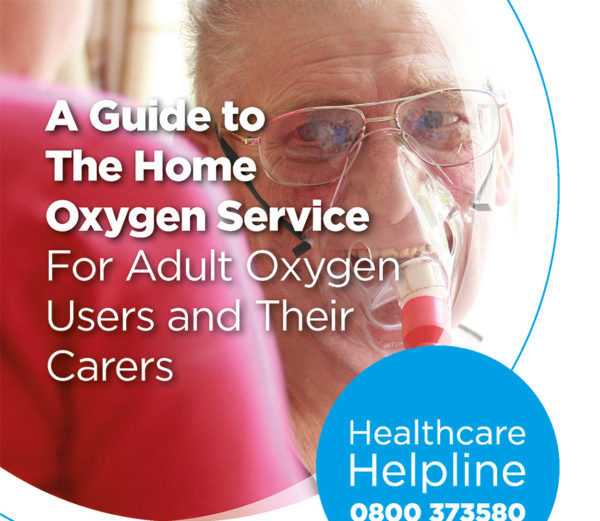
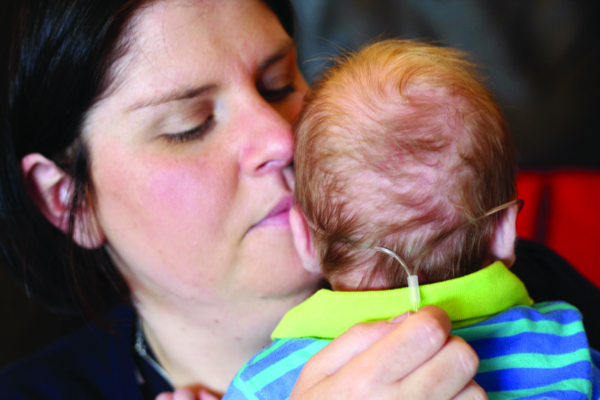
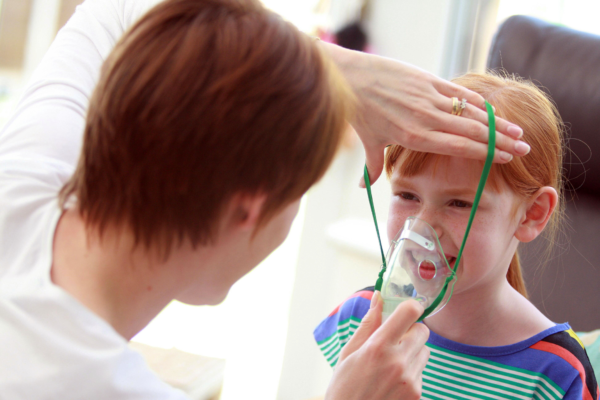
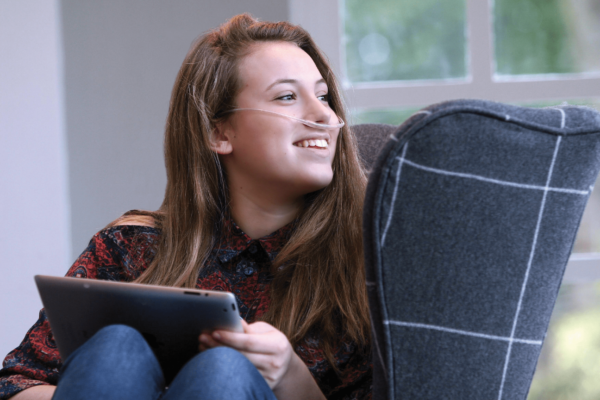

Social events
Being on home oxygen therapy doesn’t mean you can’t go out and socialise. Speak with your Healthcare Professional if you need to increase the number of cylinders you need to attend an event.